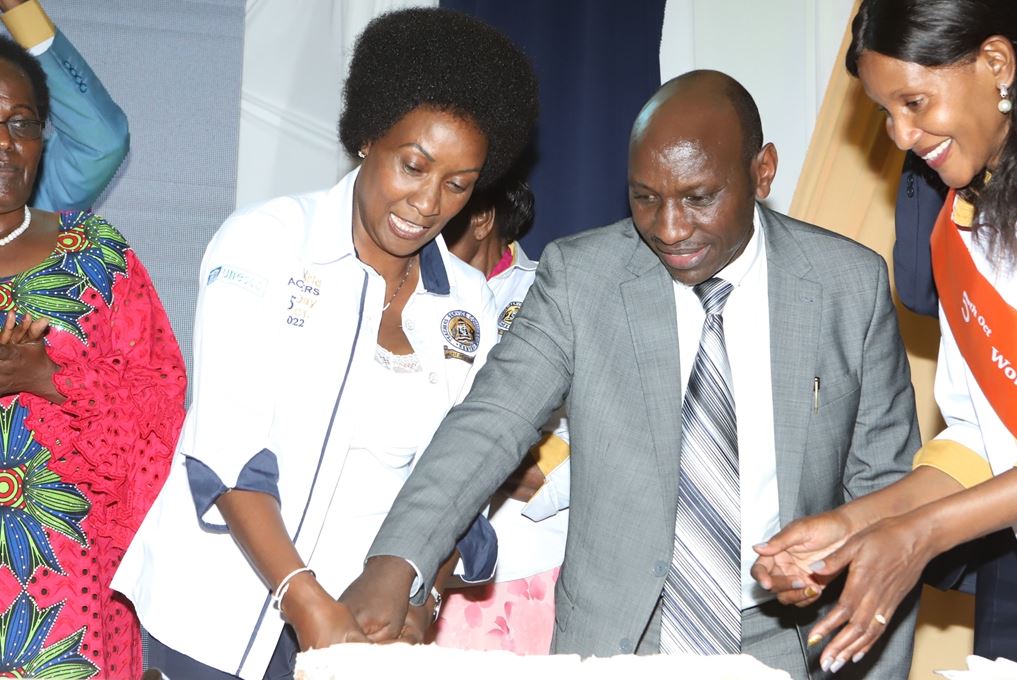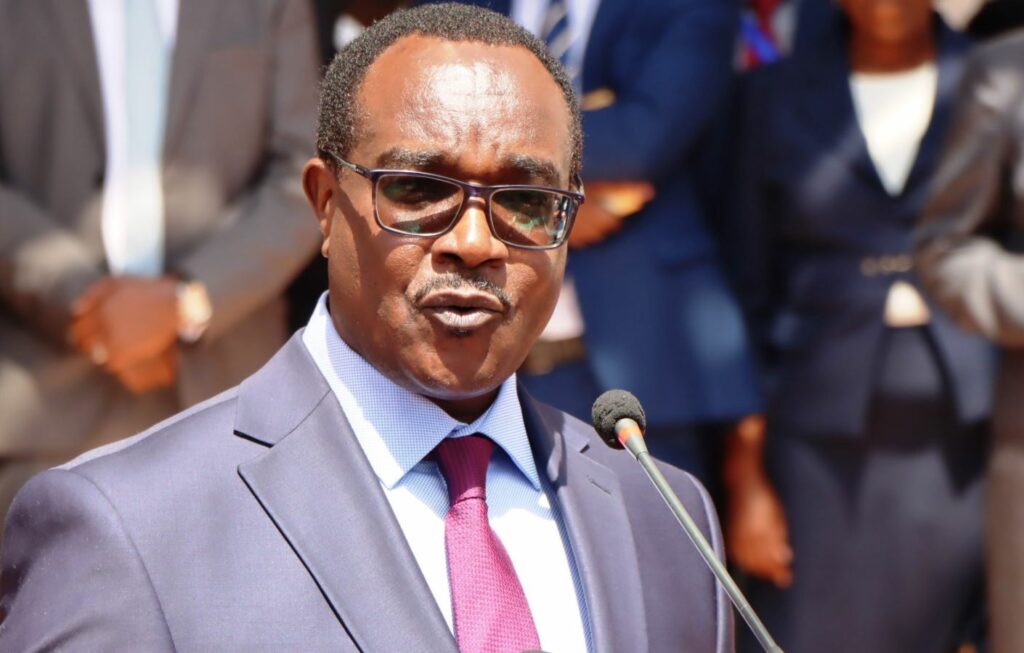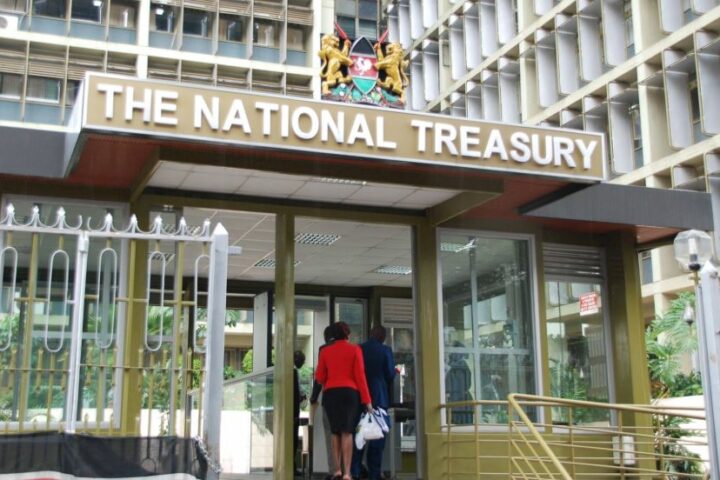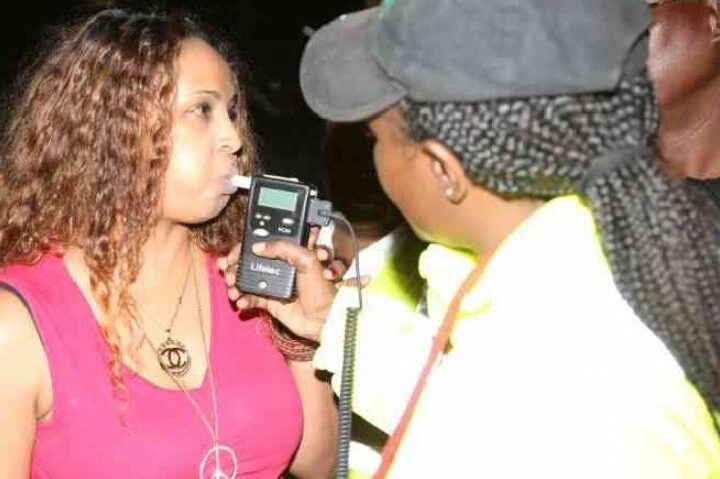 Big news for Kenya’s educators: The Teachers Service Commission (TSC) is gearing up to interview 19,943 teachers for promotions starting in mid-January 2024.
Big news for Kenya’s educators: The Teachers Service Commission (TSC) is gearing up to interview 19,943 teachers for promotions starting in mid-January 2024.
This follows the December announcement of promotion vacancies, which generated plenty of buzz in the teaching community. With application submissions now wrapped up, the commission is moving full steam ahead, backed by a budget of Ksh 1 billion set aside for this initiative.
These promotions will impact both primary and secondary school teachers, elevating them across several job groups—from C1 all the way up to D4. It’s a significant step toward recognizing the hard work of educators nationwide.
What to Expect: Important Dates and Details
The interview timeline aligns closely with another major event: the release of the 2023 Kenya Certificate of Secondary Education (KCSE) results on January 13, 2024. Results will be officially announced from KNEC Mtihani House in Nairobi, setting the stage for a busy month in education.
As a quick recap, TSC initially posted the promotion vacancies on December 17, 2024, and encouraged eligible teachers to submit their applications online by December 30, 2024.
Teachers who applied for positions advertised in an earlier notice (between November 12–18, 2024) had to reapply to ensure their consideration.
If you’re among the shortlisted candidates, here’s a handy checklist of the documents you’ll need to have ready on the big day:
- National ID card
- Teacher Performance Appraisal and Development (TPAD) records from the past three years
- Appointment letters for your current grade
- Acting position letters (if applicable)
- Disability membership cards (for applicants with disabilities)
Beyond these basics, successful candidates will need to provide the “Chapter 6 documents”—five key clearances needed for public service roles in Kenya. These include:
- Certificate of Good Conduct from the Directorate of Criminal Investigations (DCI)
- HELB clearance from the Higher Education Loans Board
- Tax Compliance Certificate from the Kenya Revenue Authority (KRA)
- Confirmation from the Ethics and Anti-Corruption Commission (EACC)
- Clearance from a Credit Reference Bureau (CRB)
Where Are the Vacancies? A Closer Look at the Slots
TSC’s 19,943 promotion slots span leadership, teaching, and management positions, offering opportunities at nearly all levels. Here’s the breakdown:
Leadership Positions
| Role | Vacancies | Grade | T-Scale |
|---|---|---|---|
| Chief Principal (Regular School) | 44 | D5 | 15 |
| Chief Principal (TTC) | 3 | D5 | 15 |
| Senior Principal (Regular School) | 126 | D4 | 14 |
| Principal (Regular School) | 652 | D3 | 13 |
Teaching and Management Roles
| Role | Vacancies | Grade | T-Scale |
|---|---|---|---|
| Senior Master III | 1,987 | C5 | 10 |
| Senior Master IV | 2,221 | C4 | 9 |
| Secondary Teacher I | 184 | C3 | 8 |
| Lecturer I | 7 | C3 | 8 |
Headteacher and Deputy Roles
| Role | Vacancies | Grade | T-Scale |
|---|---|---|---|
| Headteacher (Primary Schools) | 2,130 | C5 | 10 |
| Deputy Headteacher II (Primary Schools) | 3,653 | C4 | 9 |
Senior Teacher Positions
| Role | Vacancies | Grade | T-Scale |
|---|---|---|---|
| Senior Teacher I | 4,703 | C3 | 8 |
| Senior Teacher II | 1,364 | C2 | 7 |
Whether you’re aiming for leadership responsibilities or advancing in teaching roles, these openings cater to a wide variety of career paths.
While the promotions are undoubtedly good news, they’ve also highlighted some underlying challenges within the education system. For instance, over 3,300 school leaders—heads and deputies—are currently serving in acting roles. TSC plans to address this by formalizing their appointments starting in January.
Yet, there’s another issue: an ongoing shortage of qualified candidates to fill leadership roles. According to TSC data, more than 3,300 schools (1,918 primary and 1,441 secondary) currently don’t have substantive headteachers or principals.
Part of this problem stems from the growing number of newly registered schools across the country, which has outpaced the supply of available leaders.
Understandably, not everyone is thrilled about the promotion process. Many teachers have raised concerns over TSC’s decision to reduce the acting period for promotions to just six months. Some worry that this could result in rushed decisions or appointments that bypass more deserving candidates.
TSC, for its part, has assured educators that merit will remain the cornerstone of its decision-making. Factors like years of service, TPAD ratings, and age will play a critical role in determining who earns these promotions.
For many teachers, these promotions represent a long-awaited opportunity for recognition and career growth. Beyond just motivating individual educators, this process will also help fill leadership gaps in schools across the country—a win-win for teachers and students alike.
So, if you’re a candidate, now’s the time to review your documents, check your TPAD scores, and prepare for what could be a transformative step in your career. Best of luck to all applicants!








